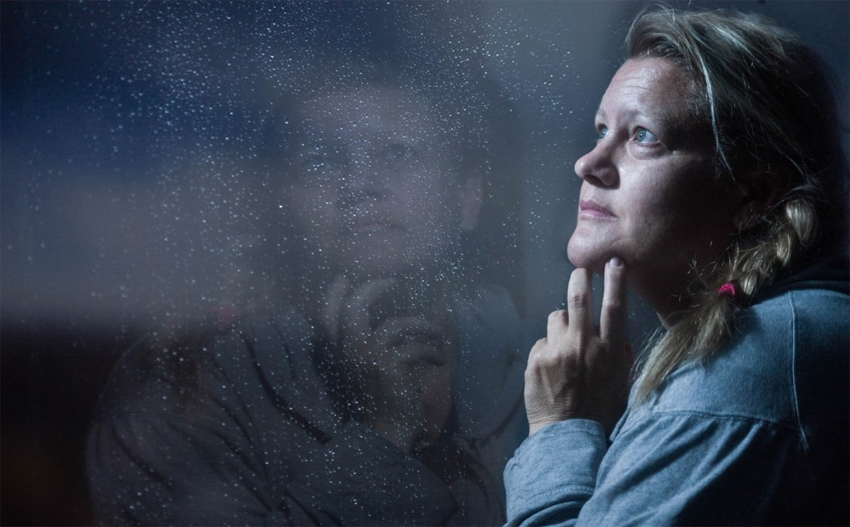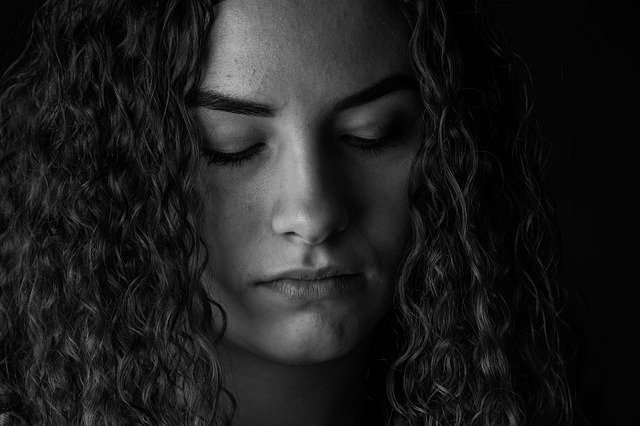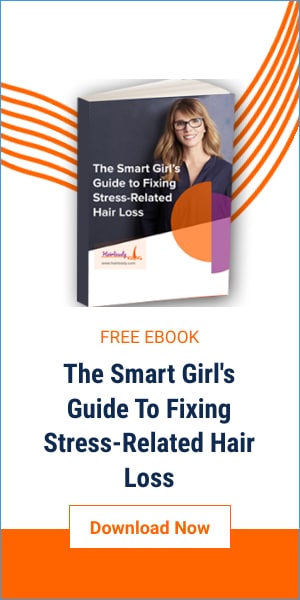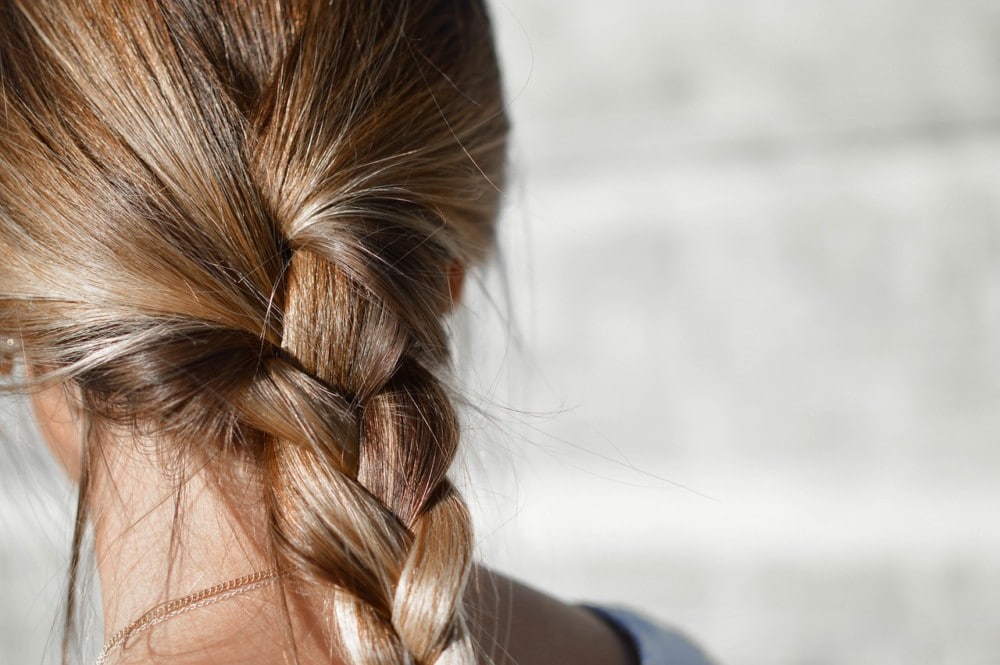Hair loss is a troubling symptom that many patients seek care of a medical professional. Most of these individuals are women who are losing their hair slowly or sometimes rapidly.
Women experiencing hair loss are often worried, thinking they may have a dangerous disease.
They are frequently frustrated after waiting weeks or months for it to improve. They are sometimes self conscious because their hair is apart of their identity and makes them feel attractive.
For all of these reasons and more women (and men) seek answers to why they are losing hair and how to stop it. A well defined problem is easier to solve. So let us dive into the number one reason why women (and men) lose their hair: hormones.
What are hormones?
In order to understand the most common cause of hair loss in both men and women, you need a crash course lesson in hormones.
Hormones are substances produced by organs or glands that are sent into the blood and have an effect on other organs or glands.
They are like messengers of the blood sending instructions from one organ to another which causes chain reactions.
Common hormones include testosterone, estrogen, thyroid stimulating hormone and adrenaline.
Our organs sometimes make too much or too little of a particular hormone and so the wrong message gets sent to the receiving body part.
However, hormone regulation is not as simple as produce, deliver, receive. There are many, complex, microcellular processes that contribute to a hormone being successful or a problem during the chain reaction.
How do I know if my hormones are working properly?
Measuring hormones, or the other pieces of the hormone chain reaction, is difficult. You may wish there was a blood test to easily tell if your hormones are functioning properly and health care professionals do too.
However, hormone activity varies based on the time of day, food you eat, your emotional state, and many other factors some of which we are unsure of.
Hormones not only live in the blood but they also function within organs or directed from one organ to another both of these are not typically, if ever, measured.
It takes patience and diligence for patients and health care professionals to pinpoint where, or even if, a hormone is malfunctioning and causing problems in the body.
It is important to have a basic understanding of how hormones work in the body. A great example of this is testosterone.
How does it work?
Testosterone is a hormone that is produced by the testicles in men or the ovaries in women. Both sexes produce a small amount of testosterone from the adrenal glands.
However, testosterone is the last step in a chain reaction and requires many steps prior to it’s production.
The reaction chain goes: nervous system, hypothalamus, pituitary, testicles of ovaries, testosterone.
The nervous system receives input from the outside world like sight touch, smell, taste and also from our mind like anxiety, worry, happiness, love. It takes that information and plugs it into the pea sized hypothalamus buried in the middle of our brain.
The hypothalamus then sends more nerve signals through the brain and into the pituitary gland which is just a bit bigger than our hypothalamus.
Here, the first hormones are made that will ultimately affect the production of testosterone. The hormones are called follicle stimulating hormone (FSH) and luteinizing hormone (LH).
Men and women produce both of these but they are sent to different places depending on your sex.
Men’s FSH and LH travel through the blood and end up in the testicles. The testicles receive the input and they create testosterone.
Women’s hormones end up at the ovary and they also produce testosterone (although in a smaller amount).
What do hormones have to do with hair loss?
Scientists used to think the cause of hair loss was primarily due to circulating testosterone levels in both men and women.
That thinking has shifted in the past few decades although the hormone does still play a role in the chair reaction of hair loss.
Scientists now believe that hair loss is due to too much dihydrotestosterone or DHT.
DHT is another link the chain reaction of testerone. It is produced when testosterone reaches hair follicle sites. In some areas of the body, like armpit, mustache and facial hair areas, DHT is required for hair to grow. Where as on the scalp, DHT causes the hair follicle to shrink.
Let us again revisit our chain reaction: nervous system, hypothalamus, pituitary, testicles or ovaries, then armpit and facial hair or scalp. DHT at the scalp shrinks follicles and leads to hair loss while it increases hair growth on the face and armpits.
This is the reason you may see some women develop hair in masculine areas while losing it on their scalp. 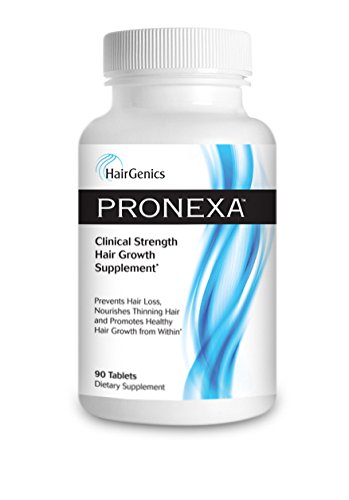
How can I fix this?
DHIT-Inhibitors and blockers are now ever present entities in the hair care market place. Pronexa from HairGenics (above) is a great example of a very successful DHT-Blocker
Hormones are complicated and there are many spots along the way of their production, delivery and action at which something can go wrong.
However, for the time being, treating hair loss by modifying either your testosterone or DHT production seems to be the best answer for those suffering from hormone imbalance hair loss which is the most common cause of hair loss in men and women.
As you can guess by the complexity of the problem, there are many methods to try and treat hair loss due to hormonal imbalances.
The first and very foremost action one should take to stop hair loss is to find out why it is happening.
A word of caution though, the body is complicated, and medicine is art as well as science. You may get 15 different opinions from 10 different healthcare professionals.
Three of those may be correct while six of the treatments will work even though the diagnosis is wrong.
Identifying the cause is helpful because it can lead you to the solution.
Hair loss due to a hormonal imbalance can usually be spotted by a healthcare professional by asking you questions and examining your body.
As stated before, lab tests are used but are not as reliable as you may hope.
Clues that your hormones are the cause of your hair loss are hair loss associated with increasing age, changes in menstrual cycle, the start or stop of hormone therapy, obesity, more hair growth in masculine areas of the body or acne.
Western medicine often focuses on treating the symptoms instead of curing the disease. It is important to do both. Some may say treatments are a band aid that does not fix the underlying cause but band aids are important too, while you find and fix the underlying cause.
However, underlying causes of hormonal problems are often difficult to identify and treat due to all of the pieces involved in the chain reactions of hormones.
Anyone experiencing symptoms of hormonal imbalance should take a few general steps to achieve better hormonal balance: weight loss if you’re overweight, eating a plant based diet, sleeping well during the night and managing stress.
Most people, if they are able to make these changes can achieve a better balance of hormones.
The Takeaway
In addition to fixing the problem, there are treatments that can help the symptoms of hair loss. Many of them focus on blocking DHT or the hormone that converts testosterone into DHT.
Now that we have a basic understanding on hormones, testosterone, DHT and how these affect hair growth, you may feel more confident in evaluating which DHT-Blocker is going to work best for you.
Donna Schwontkowski
Donna Schwontkowski is known for her practical advice on hair care and is passionate about tracking new hair care methods and hair growth products. She recommends only those brands that she strongly believes can help in effectively resolving your hair problems.

